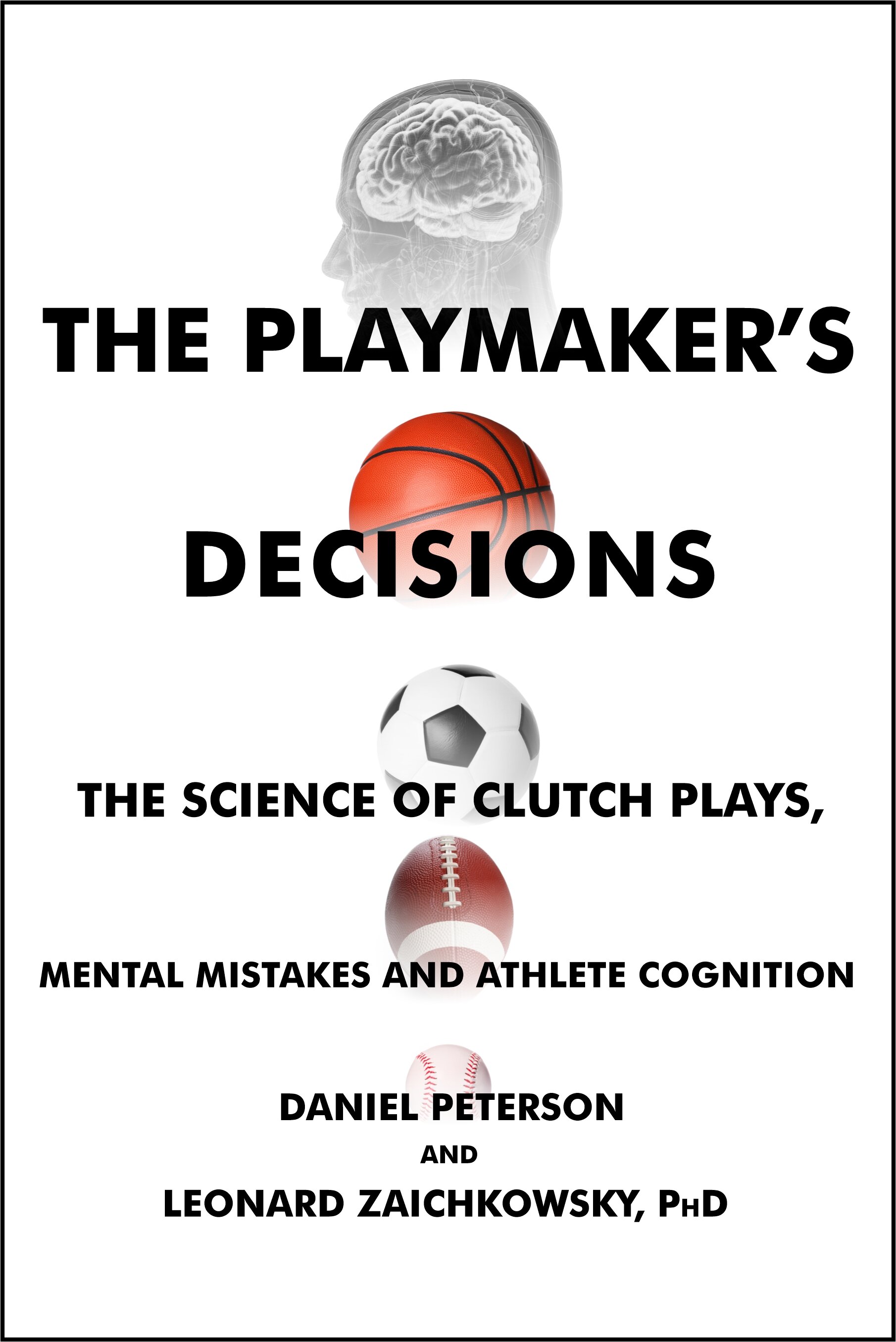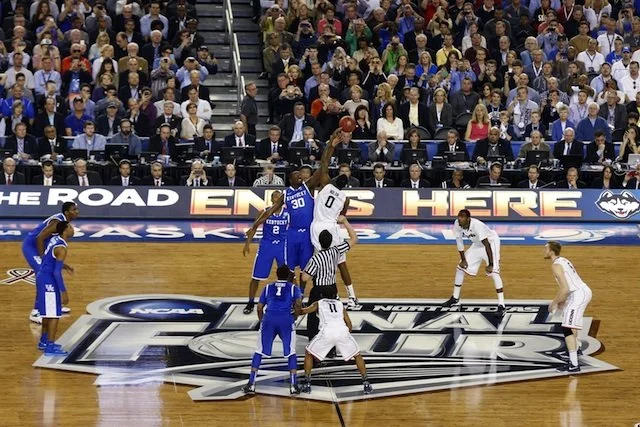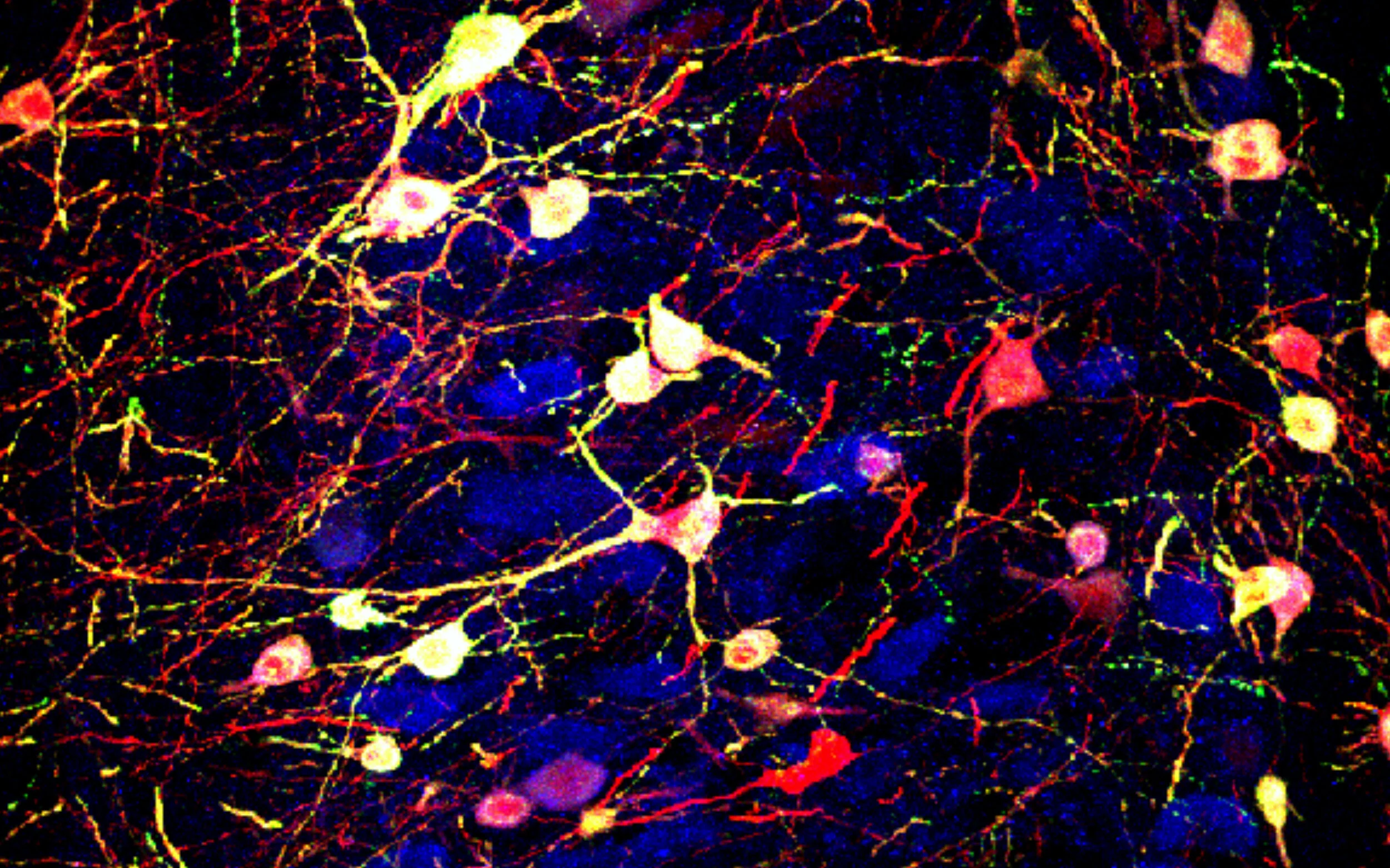The Psychology Of Words And The Young Athlete
/Young athletes live in a pretty strange world. So many adults saying things to them but no one really communicating. Its hard enough for them to decipher one adult's vague instructions but then have to blend the mixed messages of parents and coaches.
Ken Taylor, former NFL cornerback for the 1985 Super Bowl Champion Chicago Bears, has been working with young athletes for over 20 years, specifically on making them faster.
Ken and I have been discussing the cognitive side of training athletes and he agrees that coaches and parents need to better understand how a 8-18 year old brain learns new sport skills.
In this approved excerpt from Ken's terrific book, “You Just Can’t Teach That, Or Can You?", he encourages coaches to be specific with their instructions.
Read More
















